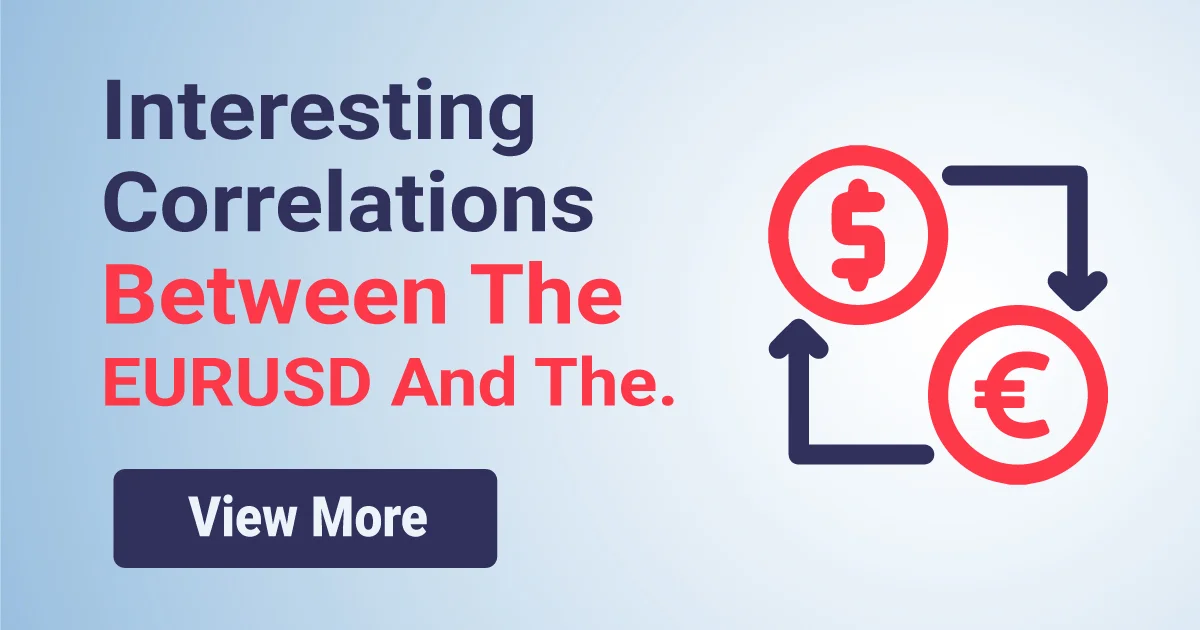Interesting Correlations Between the EURUSD and the..
Interesting Correlations Between the EURUSD and the DJI Average
The other day I got curious about what correlations (and potential causations) could be found between the daily movement of the Dow Jones Industrial Average (DJIA) of shares traded on the New York Stock Exchange (NYSE) and the activity of the EUR/USD currency market. And I found some...at least in the three-year data set I was studying, an admittedly limited sample.
Here's how I did my research
First, I downloaded daily EUR/USD price data available on the Meta trader forex platform, which I've discussed previously. Then I did the same thing for DJIA historical price data available from Yahoo! Finance.
What’s next?
I had to clean up the data a bit since the EUR/USD pair trades on days the NYSE doesn't, so there isn't a perfect overlap in their daily activity. Essentially this meant going through week by week and removing all the Sunday trading data from the EUR/USD data. With that done, I had nice sets of parallel data for each market.
Then I started playing around with it, determining if a bullish day for the DJIA equated to a bullish day for the EUR/USD or the opposite. Same for bearish days for the DJIA. There seemed to be a good chance of it, especially since the NYSE market closes several hours before the EUR/USD hits its peak trading period.
So, it made sense (at least to me) that during this period between the close of the major US exchange and the kick-off of high-volume EUR/USD trading, forex traders would analyze the DJIA trend and reach conclusions about its impact on the currency pair, and then place trades on that basis.
And that's what appears to happen on a statistically (and profitably) significant basis. A strongly bullish day for the DJIA correlates with certain trends in the following day's EUR/USD forex trading. And so does a strongly bearish day for the Dow Jones average.
Now you may be thinking, enough build-up, what are these correlations, exactly?
Well, having put several hours into the project, I don't really feel like giving that information away just yet. Maybe someday. But hopefully, I've given you enough clues to start figuring out some inter-market correlations yourself. Another market you may want to add to the mix is NASDAQ - you can find price data for this exchange on Yahoo! Finance as well.



















Recent Comments
Write a Comment